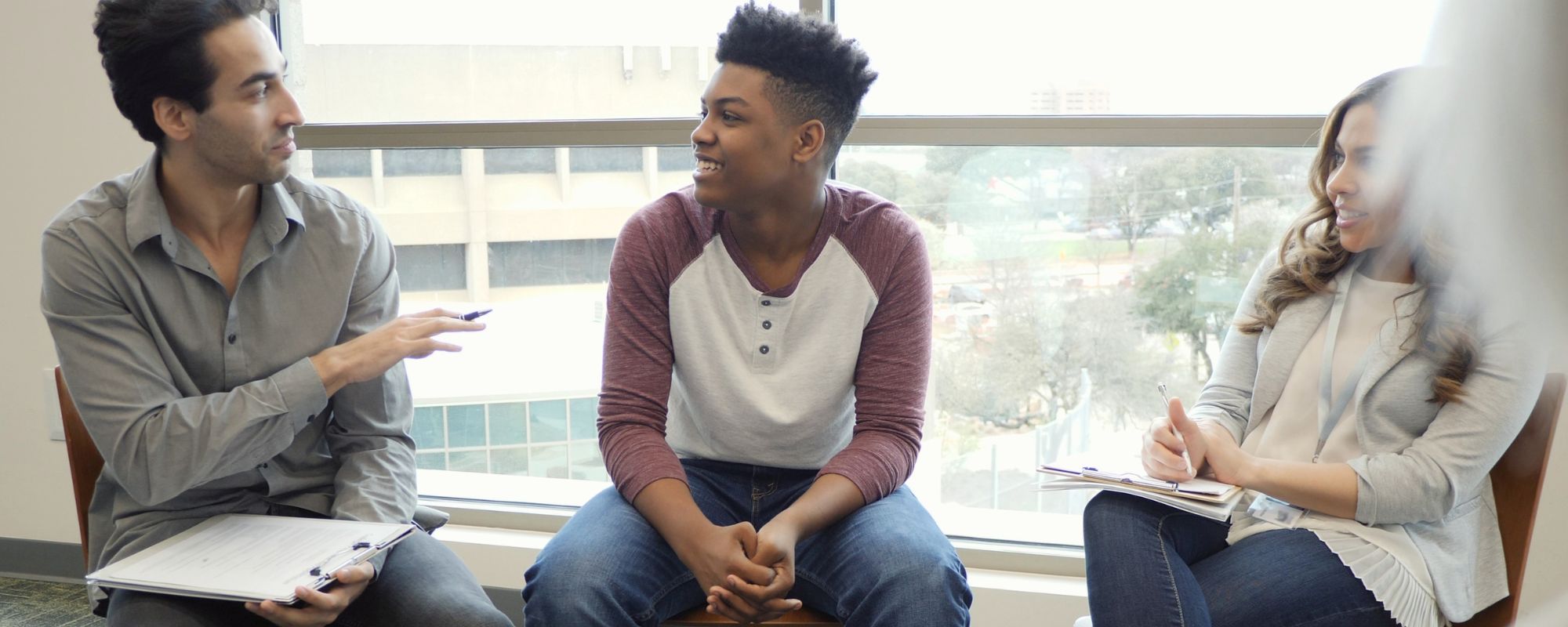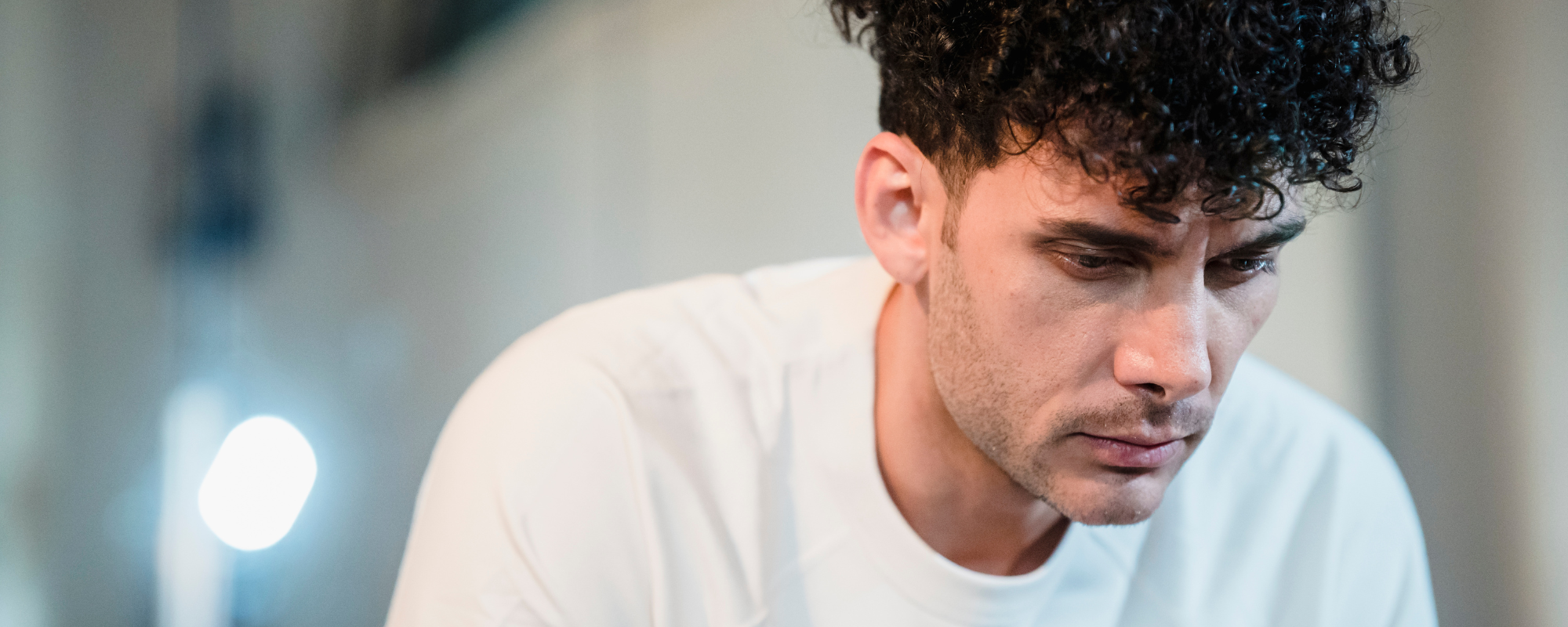If you’re asking yourself whether your relationship is toxic, that question alone may be the answer. In most cases, when you have to question whether your relationship is emotionally safe or healthy, it’s a strong signal that something is wrong. A truly supportive and loving relationship should make you feel safe, respected, and valued—not anxious, fearful, or emotionally drained.
Toxic relationships can cause serious damage to your mental health, especially if you’re in recovery from addiction. Whether you’re noticing red flags or just starting to feel uneasy, recognizing the signs of an unhealthy relationship is the first step toward protecting your well-being.
What Is a Toxic Relationship?
An unhealthy or abusive relationship is one where the behaviors and dynamics between partners are harmful, emotionally, psychologically, or physically. These relationships can make you feel isolated, confused, or worthless, and can negatively impact your recovery, self-esteem, and ability to function in daily life.
Rather than using the term “actually toxic,” let’s call it what it is: harmful and potentially dangerous. And while the term “toxic” has become a buzzword, its effects are very real.
How Do You Know If Your Relationship Is Unhealthy?
The core sign of a toxic relationship is how it makes you feel. Do you feel drained, anxious, or like you’re constantly walking on eggshells? Are you afraid to speak up, set boundaries, or express your feelings? If so, it’s time to take a closer look.
Here are questions to ask yourself:
-
Does your partner constantly check your text messages?
-
Do they demand to know your location at all times?
-
Are they angry if you spend time away from them?
-
Do they ignore your needs or manipulate your words?
-
Do they make you feel unsafe when you express yourself?
If any of these resonate with you, it’s important to understand that you might be in an unhealthy or abusive relationship.
Signs of a Toxic Relationship
Recognizing red flags can be difficult, especially when you’re emotionally invested. Below are common warning signs of toxic relationship dynamics:
1. Extreme Jealousy
While some jealousy is normal, obsessive or irrational jealousy is not. If your partner accuses you of cheating without cause or tries to isolate you from friends and family, that’s a problem.
2. Controlling Behaviors
Control can masquerade as concern. For example, your partner might say they don’t want you going out because they’re “worried about your safety,” when in reality, it’s about power and control. These behaviors are emotionally abusive and can escalate.
3. Invasion of Privacy
Going through your phone, emails, or tracking your location without permission are major red flags. Healthy relationships are built on mutual trust and respect for boundaries.
4. Constant Criticism or Gaslighting
If your partner frequently belittles you, invalidates your feelings, or twists the truth to make you question your reality (a form of manipulation called gaslighting), it’s time to reevaluate the relationship.
5. Walking on Eggshells
If you’re constantly afraid of setting off your partner or feel the need to hide your true feelings to avoid confrontation, this indicates emotional abuse.
6. Lack of Accountability
If your partner never admits fault, blames you for everything, or refuses to take responsibility for their actions, that behavior is not only toxic—it’s emotionally damaging.
7. Repetitive Disrespect
A single hurtful moment might be forgivable with a sincere apology. But repeated disrespect, broken promises, and emotional manipulation without meaningful change are signs of a deeply unhealthy relationship.
8. Physical Violence or Threats
Physical abuse is never acceptable. If your partner has ever physically harmed you or made you fear for your safety, it is vital to create a safety plan and seek help immediately.
You can contact the National Domestic Violence Hotline by calling 1-800-799-7233 or texting “START” to 88788.
Why Toxic Relationships Are Especially Dangerous in Recovery
Recovery is a time of healing, vulnerability, and rebuilding. Being in a toxic relationship during this stage can jeopardize your progress, your sobriety, and your mental health. Emotional abuse, manipulation, and control can create overwhelming stress, making it harder to stay on track.
People in early recovery are often rediscovering who they are. If your partner is undermining your growth, disrespecting your boundaries, or making you feel like your sobriety is a burden, it may be time to reassess whether this person belongs in your life.
Reach Out for Help With Addiction
Are you struggling with addiction?
Royal Life Centers at Chapter 5 is here to help you recover. Because we care.
What Should I Do If I Think I’m in an Abusive Relationship?
Here are some steps you can take if you’re starting to recognize the signs of an abusive or unhealthy relationship:
1. Reach Out for Support
You are not alone. Talk to a trusted friend, counselor, sponsor, or therapist. If you’re in danger, call the National Domestic Violence Hotline. Having someone in your corner can help you see things more clearly and plan your next steps.
2. Make a Safety Plan
If you’re in a relationship that is emotionally or physically unsafe, it’s important to create a safety plan. This may include preparing an exit strategy, identifying people you can stay with, and documenting instances of abuse (screenshots of text messages, photos, or written records).
3. Set Boundaries
If you’re not ready to leave, try to set clear and firm boundaries. A healthy partner will respect those boundaries. If they don’t, that behavior confirms your concerns.
4. Seek Professional Counseling
A therapist or addiction counselor can help you process the relationship dynamics and figure out the healthiest way forward. Couples counseling may also help, but it is not advised if the relationship involves abuse.
Can Toxic Relationships Change?
While people can grow and change, it’s not your responsibility to fix someone. If your partner is willing to acknowledge their behavior and take steps toward genuine change (not just hollow apologies), there might be hope. But change takes time, effort, and accountability—not empty promises.
Your recovery should never be sacrificed for someone else’s inability to treat you with respect and compassion. If your partner blames your recovery for their behavior, manipulates your emotions, or makes you feel unsafe, they are not supporting your journey—they’re sabotaging it.
Moving Forward: Healing After Toxic Love
Leaving a toxic relationship is never easy, but it may be necessary for your growth and healing. Especially in recovery, your focus must remain on building a life where you feel secure, respected, and emotionally supported.
If You’re Still Not Sure…
Ask yourself:
-
Do I feel emotionally safe in this relationship?
-
Do I feel like I’m always giving and never receiving?
-
Am I afraid of how my partner will react if I speak my truth?
-
Are my sobriety and recovery being respected?
If the answer to any of these is no, it may be time to step away and put yourself first.
You Deserve to Feel Safe
Whether you’re newly sober or have years of recovery behind you, you deserve a relationship that lifts you up, not one that pulls you down. If you or someone you love is struggling with the emotional toll of a toxic or abusive relationship, help is available. Your well-being and sobriety are worth protecting.
- Meth Mouth: The Tell-Tale Sign of Crystal Methamphetamine Abuse - January 26, 2026
- What Does Meth Look Like? How to Identify Crystal Methamphetamine - January 19, 2026
- Snorting Ice: Understanding Slang Terms for Crystal Meth Use - January 12, 2026






